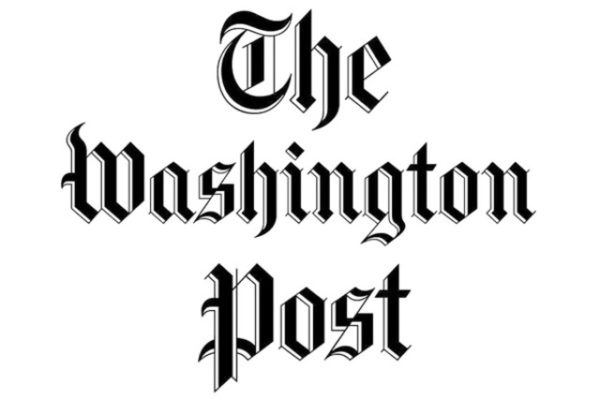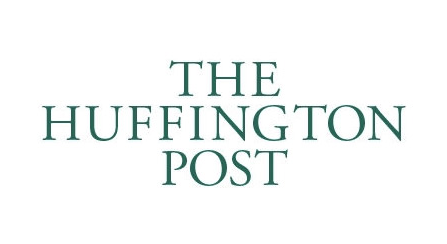Major Tax Fraud
Like it or Not, Our Country Survives on Tax Revenue
Revenue from taxes is the lifeblood that keeps our country alive — our economy healthy, our national parks preserved, our military strong, and our infrastructure secure — we simply could not carry on without it. While political leanings across the board may have strong opinions of how much or how little tax rates should be and how tax revenue should be spent, one fact is resoundingly true: taxes must be imposed and collected. Therefore, to secure the lifeblood of our nation and to promote fairness for those who pay taxes honestly, tax fraud must be prosecuted and whistleblowers are necessary to effectively do so.
“Billions of dollars in taxes owed will be collected that otherwise would not have been paid as a result of the whistleblower information.” – U.S. Senator Charles Grassley of Iowa
Tax Fraud is Pervasive and Harmful and Cheats Honest Citizens
The United States currently operates with an approximate $450 billion “tax gap,” that is the deficit between the amount of taxes owed and the amount paid on time. To close this massive hole in the country’s budget, the IRS has an extensive audit division which investigates tax payments and potential tax fraud. However, as with other facets of government enforcement, the IRS has found that incentivizing whistleblowers is one the most effective methods of discovering fraud. Between fiscal year 2011 and June 30, 2015, the IRS Whistleblower Office awarded over $315 million to whistleblowers.
IRS Whistleblower Provisions
The IRS has two separate whistleblower programs which are segregated by the amount of money in dispute. One program, the 7623(a) program, applies when taxes, penalties, interest and other amounts in dispute are $2 million or less. The other provision, the 7623(b) program applies when the amount in dispute is over $2 million and if the case deals with an individual, his or her annual gross income must be more than $200,000. If a whistleblower qualifies for the latter 7623(b) program and provides substantial information leading to a recovery, the IRS will pay the whistleblower 15 percent to 30 percent of the amount collected. If information provided by a whistleblower regards tax amounts under $2 million or an if an individual is involved, gross annual income of under $200,00, the whistleblower can, at the discretion of the IRS receive a maximum award of 15 percent up to $10 million, under the 7623(a) program.
Our Attorneys are National Whistleblower Law Experts and Trial Lawyers.
“The Accomplishments of Frohsin Barger & Walthall warrant the wealth of accolades that it has received.” — Benchmark Plaintiff”
Jim Barger and Elliott Walthall are the only private attorneys general in the country ever to be tapped as part of a Department of Justice trial team in a Medicare fraud jury trial. A noted expert on the False Claims Act, Jim Barger teaches upper level courses on the subject as an adjunct professor at the University of Alabama School of Law, which was ranked among the top 15 law schools in the nation by Business Insider in 2016. Barger has appeared on HuffPost Live, Fox 6 Atlanta, and NPR and his opinions regularly are sought by major newspaper outlets on False Claims Act Medicare enforcement, including The New York Times and The Washington Post.
Both Jim Barger and Elliott Walthall have spoken on national panels about Medicare fraud for the American Bar Association, the American Association for Justice, and Taxpayers Against Fraud. In 2015, Barger was a featured symposium speaker on Medicare Fraud and the False Claims Act at the Georgetown Law Center in Washington, DC. and in 2016, Georgetown’s American Criminal Law Review published a new research article by Barger on the public-private partnership of the False Claims Act.
“Frohsin Barger & Walthall Wins $150 Million Whistleblower Settlement”
Frohsin Barger & Walthall Represents Whistleblowers Nationwide.
Frohsin Barger & Walthall investigates and litigates qui tam actions on behalf of whistleblowers in federal and state actions across the country. Our representation includes evaluating, investigating, and filing qui tam actions as well as assisting prosecutors and investigative agents in pursuing cases and reaching settlements, with a high-percentage of our cases resulting in government intervention. We have sealed cases in multiple states across the country and regularly travel to meet with United States Attorney’s offices, State Attorney General Offices, and United States Department of Justice attorneys in Washington, DC.
Protection for Whistleblowers
Blowing the whistle on corporate fraud takes courage, and the law rewards that courage with certain protections. We understand that perhaps the most important aspect of representing corporate whistleblowers is guiding and protecting them through the difficult, stressful process of litigation. The False Claims Act provides for a whistleblower’s case to be filed under seal and for the identity of the whistleblower to be protected during the course of the government’s investigation. Further, federal laws protect against retaliation by mandating the reinstatement of wrongfully fired employees at the same seniority level, and an award of double back pay, interest, and attorneys’ fees. Finally, successful whistleblowers are entitled to substantial rewards, including up to 30% of any False Claims Act recovery which Congress has mandated is three times the amount of fraud that is proven through the whistleblower’s allegations plus substantial civil penalties.
Frohsin Barger & Walthall whistleblower cases have been featured in the following media outlets, among others:
Click on the media outlet logo to read the featured story




